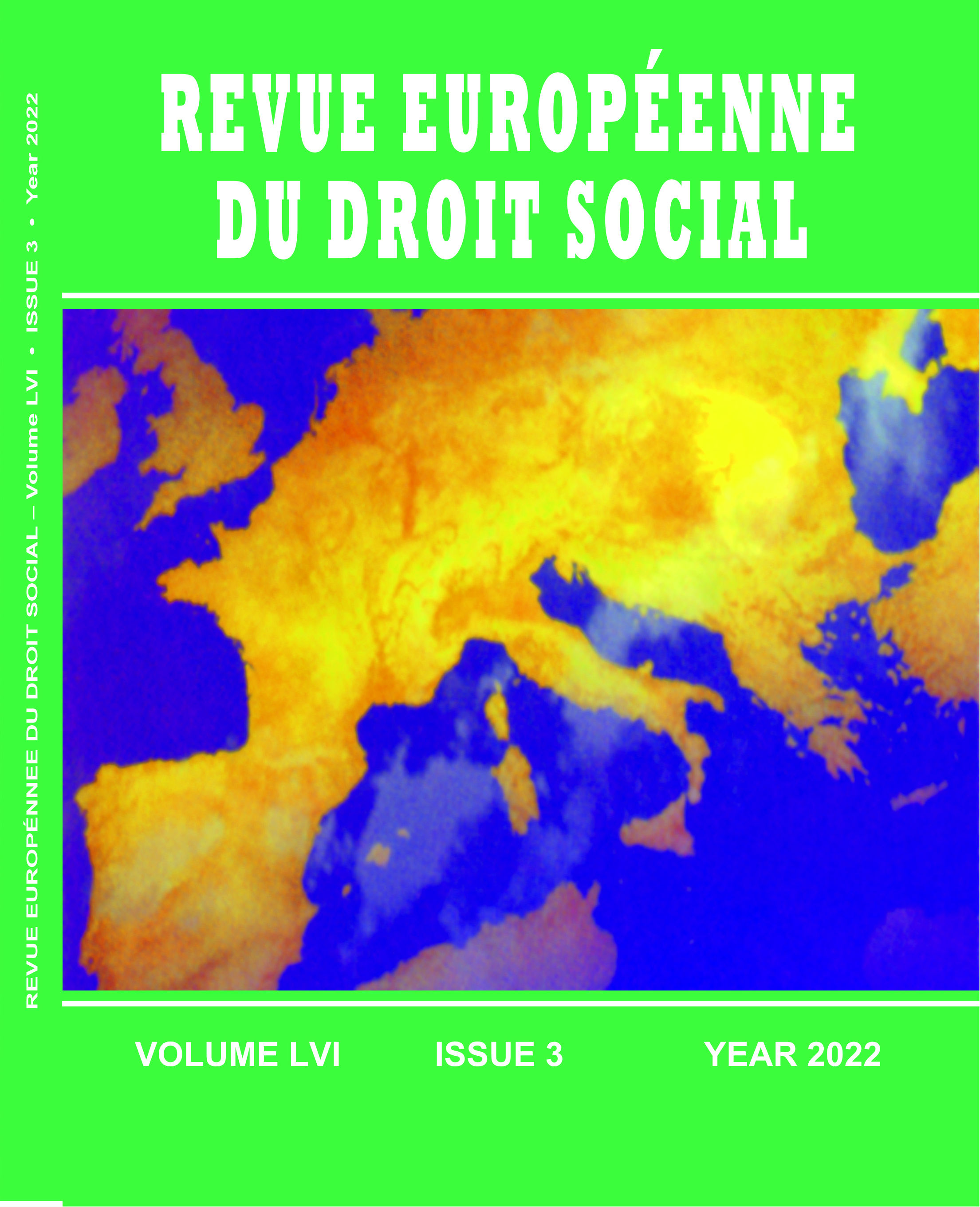GIG ECONOMY: HOW TO OVERCOME THE PROBLEM OF
MISCLASSIFYING GIG WORKERS AS SELF-EMPLOYED?
GIG ECONOMY: HOW TO OVERCOME THE PROBLEM OF
MISCLASSIFYING GIG WORKERS AS SELF-EMPLOYED?
Author(s): Aneta TycSubject(s): ICT Information and Communications Technologies, Labour and Social Security Law
Published by: Editura Bibliotheca
Keywords: gig economy; gig worker; online platform; employee; independent contractor;
Summary/Abstract: The aim of this theoretical paper is to build a proposal which can help to overcome the problem that online platforms misclassify their workers as independent contractors, thus depriving them of traditional employment benefits. The article uses insights mainly from labour and employment law literature to develop the concept that the current default presumption – that the gig worker is an independent contractor – should be changed. It supports the argument that the rebuttable presumption in favour of an employment relationship should be established when dealing with workers who carry out work through Internet platforms but in a real (not virtual) world. Judges in common law countries could take as starting points the ‘dependency’ test and the ‘right to control’ test while judges in civil law countries could primarily rely on the ‘concept of subordination’. The indicia mentioned in the ILO’s Employment Relationship Recommendation, 2006 (no. 198) could be helpful in determining the gig worker’s status. The legal qualification of a relationship as one of employment or self-employment can be conducted by using the typological method consisting in recognising and identifying which features – those typical/specific for employment relationship or for self-employment – prevail (prevailing features/dominant features). Finally, the author comments on a long-awaited proposal for a directive of the European Parliament and of the Council on improving working conditions in platform work (of 9 December 2021), according to which, under certain circumstances all platform workers would be considered employees.
Journal: Revue Européenne du Droit Social
- Issue Year: 56/2022
- Issue No: 3
- Page Range: 35-45
- Page Count: 11
- Language: English

